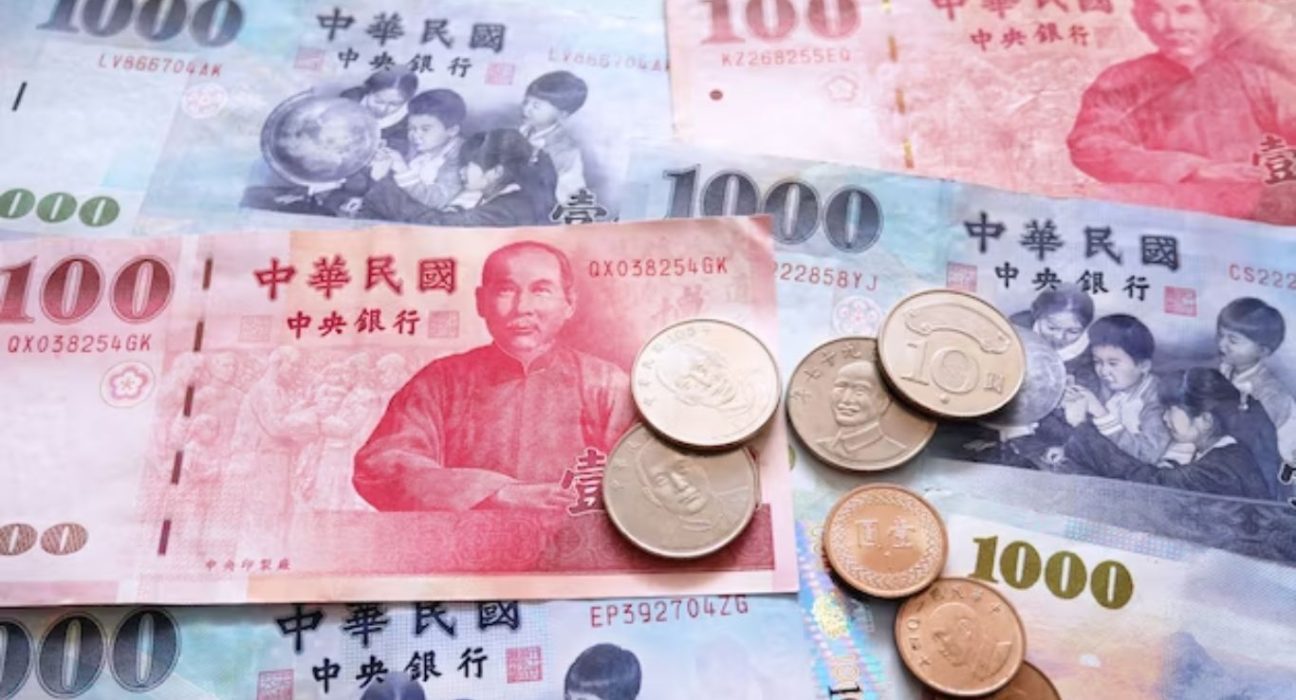Introduction
The global economic landscape is ever-evolving, and recent market developments have highlighted the vulnerability of currencies to fluctuations. The Taiwan Dollar’s recent dip of 0.2% has raised questions about its economic implications and the driving forces behind this decline.
Economic Snapshot
The 0.2% drop in the Taiwan Dollar’s value has captured the attention of financial analysts and policymakers alike. This nominal depreciation may seem modest, but its potential ramifications warrant thorough examination. The impact of currency fluctuations extends beyond numerical values, affecting trade balances, foreign investments, and overall economic stability.
Export Competitiveness and Trade Balance
A weaker Taiwan Dollar can influence the nation’s export competitiveness on the global stage. When the currency’s value decreases, Taiwanese exports become more affordable for foreign buyers, potentially boosting demand for products and stimulating export-oriented industries. Conversely, a decline in the currency’s value may also lead to higher import costs, impacting the trade balance.
Tourism and Foreign Investment
The depreciating Taiwan Dollar can have divergent effects on tourism and foreign investments. On one hand, a weaker currency can attract tourists as their purchasing power increases, making Taiwan an attractive destination. On the other hand, potential foreign investors might exercise caution due to the uncertainty associated with currency fluctuations. Striking a balance between these dynamics is crucial for maintaining a stable economic environment.
Global Commodity Prices and Inflation
Currency depreciation can trigger a series of events affecting domestic inflation rates. Taiwan, like many economies, is highly dependent on imported goods and commodities. As the Taiwan Dollar weakens, the cost of imports rises, potentially leading to higher domestic consumer prices. Balancing this impact with other inflation-controlling measures becomes pivotal for sustaining economic equilibrium.
Monetary Policy and Central Bank Actions
A currency’s value is intricately linked to a nation’s monetary policy. Central banks can play a significant role in stabilizing or influencing their currency’s value through policy adjustments. The recent decline in the Taiwan Dollar might prompt the central bank to consider interventions to mitigate further volatility. By employing tools like interest rate changes and foreign exchange interventions, the central bank can work to counteract undesirable currency fluctuations.
Global Trade Dynamics and Geopolitics
While domestic economic indicators play a vital role in currency fluctuations, external factors can exert substantial influence. Global trade tensions, geopolitical events, and macroeconomic developments in major economies can cause ripples in currency markets. As Taiwan navigates its economic path, these external forces must be carefully monitored to anticipate and respond to potential currency challenges.
Market Sentiment and Investor Psychology
The financial market is not solely driven by numbers and economic indicators; human psychology also plays a pivotal role. Market sentiment, investor perceptions, and risk appetite collectively contribute to currency movements. The recent decline in the Taiwan Dollar might have been triggered by a combination of factors, including global uncertainties and investor sentiment. Understanding and managing these psychological aspects are integral to stabilizing currency values.
Long-Term Economic Resilience
While short-term currency fluctuations can disrupt economic stability, long-term resilience is built through strategic planning and diversified economic approaches. Taiwan’s strong economic fundamentals, technological innovation, and well-established industrial sectors provide a solid foundation for weathering currency challenges. By fostering these strengths and enhancing global partnerships, Taiwan can position itself to withstand future currency fluctuations.
Conclusion
The 0.2% fall in the Taiwan Dollar’s value serves as a reminder of the intricate web that ties currency values to economic, geopolitical, and psychological factors. Its implications extend beyond nominal numbers, influencing trade balances, foreign investments, and inflation rates. As Taiwan navigates these challenges, a balanced approach involving prudent monetary policy, a keen eye on global dynamics, and strategic economic diversification will be key to maintaining stability and fostering long-term growth.










